
Key Takeaways
- Major cycling events hold significant cultural value beyond competition.
- Local charities and communities benefit broadly from these events.
- Cycling's influence extends to urban development and national identity.
Cycling isn't just about the thrill of speed or the challenge of endurance; it's a cultural phenomenon.
From the cobblestone streets of France's Paris-Roubaix to the rugged trails of the Cape Epic in South Africa, each major cycling event carries its unique flair and profound impact on local and global cultures.
Whether it's the grandeur of the Tour de France or the festive spirit of the RAGBRAI across Iowa, these events aren't merely races; they're vibrant celebrations that bring together communities, shape economies, and inspire individuals of all ages.
As a cycling enthusiast, you're already aware that events like the Giro d'Italia and Vuelta a España aren't just for the pros.
They're occasions that embody the heritage and heart of their respective nations, and the ripple effect they have on societal norms is undeniable.
Contributing to local charities, influencing urban planning, and even reshaping national identity, the cultural impact of these cycling spectacles is as significant as the stamina of the athletes themselves.
So, have you ever thought about your bike as more than a means to commute or as a trusty companion on nature trails?
Well, it's time to recognize the bike as a cultural icon.
As we dive into the details, you'll see how these ten major cycling events harness the power of two wheels to unite us, spark change, and celebrate the human spirit.
Remember, it's not always about reaching the finish line first; sometimes, it's about the journey and the stories we create along the way.
Tour de France

Ever wondered what the buzz around the Tour de France is all about?
Think of it as not just a bike race, but a cultural phenomenon that sweeps through roads, towns, and screens worldwide every year.
This spectacular event, full of grueling climbs, breathtaking speeds, and vibrant team jerseys, isn't just about sport.
It's a celebration of endurance, national pride, and the joy of cycling.
Why is it a big deal?
Picture this: riders from around the globe compete over three weeks and 21 stages, covering roughly 3,500 kilometers.
That's like biking from New York to Los Angeles and throwing in a few mountains along the way!
Not to mention, winning the Tour de France puts you among cycling legends—names like Anquetil, Merckx, Hinault, and Indurain, each securing their spot in history with five wins each.
But it's more than just the victories and the yellow jersey that make this race a cornerstone of cycling culture.
Your local bike lane might well owe its existence to the "Le Grand Boucle," as they call it.
The event has boosted cycling's popularity, inspiring cities like London post-2007 to invest more in cycling infrastructure.
And just think about the impact on small businesses and hotels when the Tour rolls into town—hello, tourism and economic boost!
So, while you marvel at the cyclists tackling the Galibier—one tough cookie of a mountain on July 2nd—remember you're witnessing more than sports.
You're getting a front-row seat to an event that not only tests the limits of human stamina but also brings people together, celebrating a two-wheeled tradition with every pedal stroke.
Isn't that something?
Giro d'Italia

Have you ever felt the excitement of witnessing a sports event that's not just about the competition but also about national pride and remarkable history?
That's the Giro d'Italia for you!
Picture this: professional cyclists pedaling fiercely against the backdrop of Italy’s stunning landscapes—now that's a cultural marvel in motion.
What's the Giro d'Italia?
Think of it as Italy's answer to the Tour de France.
This multi-stage race has been captivating Italy and the cycling world since its inception in 1909.
Not just a test of endurance, it's a 3-week long journey through the very essence of Italy.
From the rolling hills of Tuscany to the rugged terrain of the Alps, every turn is a postcard brought to life.
Here's what makes the Giro so special:
- Cultural Significance: It's a celebration of Italian culture, history, and landscapes.
- Economic Boost: Locals cheer not just the athletic prowess but also the economic upswing as the race zooms through town.
- Competition: It's fiercely competitive, keeping fans on the edge of their seats.
Did You Know?
- The race kicked off on May 13, 1909, from Loreto Place in Milan.
- Out of 127 riders, only 49 conquered the grueling first Giro, with Luigi Ganna claiming victory.
- And the prize? A cool 5,325 lira.
So why should you keep an eye on the Giro d'Italia?
It's not just a race; it’s a legacy of legends, including the likes of Fausto Coppi and Gino Bartali.
Their rivalry?
It's the stuff of cycling folklore—a testament to the Giro's ability to inspire awe and capture the imagination.
Don't miss this whirlwind of tradition, where every pedal stroke echoes through the heart of Italy.
Vuelta a España
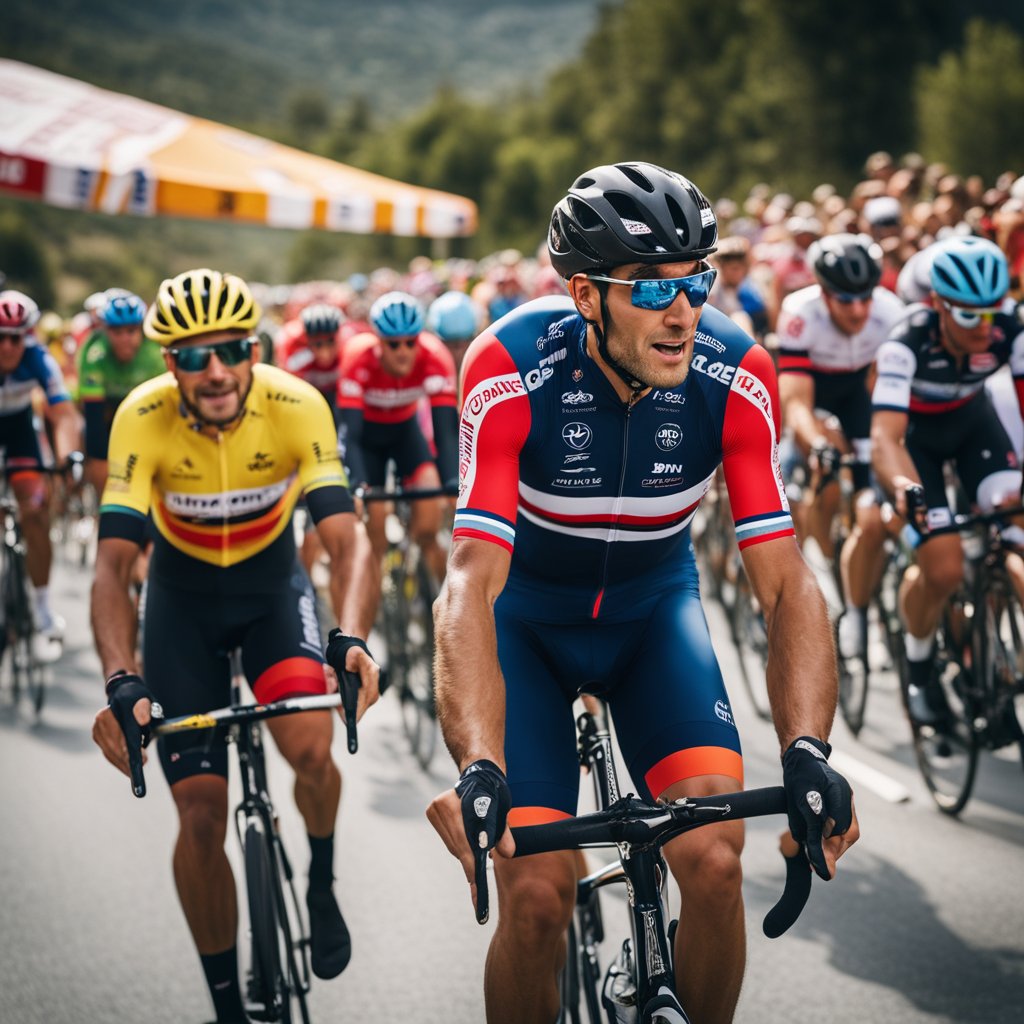
Have you ever wondered what makes Spain such a fascinating country?
Enter the Vuelta a España, the Spanish counterpart to the Tour de France and Giro d'Italia, which isn't just another cycling race—it's a rolling festival that reflects the heart and soul of Spanish culture.
Imagine pedaling through Spain's diverse landscapes—it's like flipping through pages of a vibrant history and culture book.
What's the buzz about, you ask?
- Scenic Routes: Cyclists battle over mountains and coastlines, giving us a taste of Spain's geographical wonders.
- Cultural Exposure: Each turn and climb is a chance to showcase local customs and traditions to the world.
- Economic Boost: The influx of spectators and teams means a spotlight on local businesses—talk about a win-win!
Fun Fact: Did you know the race has been organized by Unipublic since the 1980s?
More recently, Amaury Sport Organisation took a 49% share, which just happens to be the group that manages the prestigious Tour de France.
The event garners international attention, and it's not just because riders like Roglic show dominance or because Ineos Grenadiers might strategize like chess masters.
Nor is it solely about Filippo Ganna's blast to victory at average speeds that'd make your car jealous.
It's about pride, passion, and pedal power.
As the wheels turn, stories unfold.
The race not only tests the limits of endurance but also strengthens national identity, be it through the triumphant return of a sprinter or the exemplary performance of a team.
Ready to grab your helmet and join in the celebration?
Alright, so maybe not literally, but cheering from the sidelines is just as thrilling.
Here's to the excitement and cultural embrace that is the Vuelta a España – more than a race, it's a narrative of Spain's heartbeat.
Paris-Roubaix

Have you ever wondered what it takes to conquer the "Hell of the North"?
The Paris-Roubaix isn’t just any cycling event—it's a legendary race that tests the mettle of even the toughest riders.
What's the big deal?
Picture this: a grueling 259.9 kilometers with a whopping 29 sections of ruthless cobblestone roads.
It's no walk in the park!
Why do cyclists and fans adore this race?
It's not just the physical challenge, but the cultural imprint it has made in France.
Imagine every pedal through those cobblestones as a symbol of the resilience and tenacity required not just in cycling, but in life.
Here's a fascinating nugget for you: The Paris-Roubaix has been pushing riders to their limits since 1896.
Yes, that's over a century of cycling history woven into every cobble.
These stones aren't just rocks on the road, they are historical bookmarks of endurance, hosting names that resonate with any cycling enthusiast, like the treacherous Mons-en-Pévèle or the notorious Trouée d'Arenberg.
So, you might be asking, "When does this epic race take place?" Mark your calendar for the first Sunday of April.
That's when the spectacle unfolds, and every year, without fail, it draws a close to the cobbled classics season with its storied past and nail-biting finishes.
Don't just watch it—feel it.
The Paris-Roubaix is more than just a race; it's a cultural phenomenon that brings together tales of human spirit and sporting triumph.
Will you be cheering from the sidelines or following every gritty detail through the lens of the media?
Either way, you're part of the enduring legacy that is Paris-Roubaix.
Milan-San Remo

Ever heard about the Milan-San Remo?
Well, my friend, you're in for a treat because it's not just another race on the calendar; it's the longest professional one-day race in the cycling world!
Picture this: a staggering 300km of Italian road, where cyclists pit their strength, strategy, and endurance against each other.
It's La Primavera or "The Spring Classic", signaling a season of new beginnings for both the riders and cycling aficionados alike.
Got goosebumps yet?
Now, you might be wondering, what makes this particular event so special?
Imagine racing through picturesque landscapes that are practically oozing with Italian charm.
This race has it all – the anticipation of those final legendary climbs, the Cipressa and the Poggio, which often decide the race's outcome.
And then there's the finish line; just when you think they can't pedal any faster, the cyclists surge forward in a burst of power that leaves the crowd roaring.
And let's talk numbers because they're impressive.
The first edition took flight way back in 1907, and it's since become a fixture for every cycling enthusiast.
Covering around 300km, or for us non-metric folks, that's about 186 miles, it's not just a test of speed but an epic battle of wills.
So, it’s not just a race; it’s a cultural phenomenon.
It’s a testament to the spirit of cycling and the love affair between the sport and its Italian roots.
You've got history, you've got passion, and you've got a whole lot of pedaling.
What's not to love?
Get ready to mark your calendars, because when La Primavera rolls into town, it's a spectacle you won't want to miss.
Tour of Flanders

Have you ever wondered about the cycling events that are not just races, but cultural phenomena?
Well, let me take you on a trip through the cobbled roads of Belgium, right into the heart of De Ronde van Vlaanderen, or as you might know it, the Tour of Flanders.
Why's it such a big deal, you ask?
Originating in 1913, this event isn't just a fixture in the cycling calendar—it’s a part of the local fabric.
Picture this: enthusiastic crowds, the spirit of festivity in the air, and riders becoming legends on these storied routes.
It's not just a race; it's a celebration of Flemish identity.
Statistics are impressive here:
- Part of the UCI World Tour
- Traditionally held in Spring
- Celebrated its 100th edition
Dubbed Vlaanderens Mooiste, or Flanders' Finest, it showcases challenging terrain that has crowned many cycling legends.
Its route—oh, it's a beauty!
Think punishing climbs, daring descents, and yes, those signature cobblestones.
Curious about the fan-favorite spots?
Keep an eye out for the iconic Koppenberg and Oude Kwaremont, where races have been won or lost.
Reflecting on the bigger picture, the Tour of Flanders resonates beyond the race itself.
Did you know Bruges is likened to the Venice of the North?
Just as Flanders mirrors the Renaissance charm of Tuscany.
So when you're watching the race, you're witnessing more than a sporting event.
You're experiencing a tapestry of history, culture, and unadulterated passion.
Come Spring, whether you're a die-hard cycling aficionado or simply someone who appreciates a grand sporting tradition, keeping tabs on the Tour of Flanders is a must.
It's not every day that you get to see a region's love for cycling come to life on such a grandiose scale, right?
Amstel Gold Race

Hey there, have you heard about the Amstel Gold Race?
It's not just a cycling event; it's a cultural spectacle woven into the very fabric of the Dutch cycling narrative.
Can you believe it's been rolling since 1966?
Yes, over half a century!
Picture this: cyclists winding through the scenic province of Limburg, traversing hill after hill—a true test of grit and endurance.
And for you statistics enthusiasts, it's a hefty 257 kilometers long.
Makes you wonder how exhilarating it must be to cross that finish line!
What about the riders, you ask?
Well, the Amstel Gold Race is seen as a shift in the cycling season, where climbers and stage racers take center stage over cobbled classics specialists.
Nothing says transition like some fresh faces battling it out, right?
And it's not just for the men.
In 2024, Marianne Vos from Visma-Lease a Bike led the women's top 10, crossing the line at 2:35:02, proving once again that the Netherlands produces world-class athletes.
Did you know this race is part of the UCI's elite season-long competitions since 1989?
Imagine the prestige!
It's also garnered reputation as one of cycling's five monuments—talk about exclusive clubs!
Now imagine the oldest winner, Joop Zoetemelk, clinching victory at 40 years old.
Gives some of us hope, doesn't it?
Whether you're a die-hard cycling fan or just love soaking in Dutch culture, the Amstel Gold Race is a not-to-be-missed event marking the vibrant intersection of sport and tradition.
Keep those wheels turning!
Unbound Gravel

Have you heard about the gritty adventure that is Unbound Gravel?
Imagine pedaling through 99% gravel terrain—yes, nearly the entire course is gravel except for a brief paved moment right at the start.
It's the ultimate test for cyclists who love a challenge.
Unbound Gravel isn't just any race; it's the race that's put gravel cycling on the map.
It's where you witness not just the endurance of the riders but also the stunning Kansas landscape.
What's more, it's making history!
In 2024, the event saw a record-breaking sprint to the finish line among a group of tenacious women cyclists, marking an epic day at Emporia.
Did You Know?
- Over 4,000 riders from all 50 states and 44 countries convened in 2024, showcasing its growing appeal.
- The "peanut butter" mud, a unique challenge of the course, has become infamous among participants.
Feeling adventurous yet?
Unbound Gravel isn't just about pushing limits; it's a celebration of the cycling community.
Bikers come together to tackle the miles, share stories, and make memories.
It's a cultural phenomenon, weaving the love of gravel cycling into the fabric of Emporia's community spirit.
So, grab your bike, get ready to kick up some dust, and maybe we'll see you at the next starting line!
Will you be part of the history Unbound Gravel continues to write?
RAGBRAI

Have you ever heard of Iowa's rolling party on two wheels?
It's RAGBRAI, a.k.a. The Register's Annual Great Bicycle Ride Across Iowa.
Imagine this: you, your bike, and thousands of friends pedaling across the scenic state of Iowa.
Now, this isn't just another Sunday ride; it's a cultural staple since 1973, connecting riders from all corners of the globe in a showcase of breathtaking landscapes and good ol' Midwestern hospitality.
Let's talk numbers, shall we?
RAGBRAI isn't just a casual meetup; it's the largest bicycle participation event in the United States.
Picture the energy with 20,000 riders daily, and on those really buzzing days, close to 40,000 cyclists!
And the route?
A full-on trek from the Missouri to the Mississippi River, steeped in tradition, with the experience including about 800 towns, and over 125 overnight hosts throughout its vibrant history.
The sheer size of the event makes it a logistical masterpiece.
Seven days, roughly 480 miles, and a plethora of wheels!
But here's the fun part: the spirit of RAGBRAI transcends the physical ride.
It's about local communities coming alive with support and festivities, artisans and entertainers stealing the stage, and riders sharing stories and forming bonds.
Starting in Sioux City and ending in Davenport, as it did on its inaugural journey, RAGBRAI is an event you ride not to race but to relish every pedal and every new friendship.
It's about pausing in small towns, savoring local delicacies, and truly experiencing the heartland of America on a bike's saddle.
So, have you got your bike ready for an adventure of a lifetime?
Because RAGBRAI awaits to turn your ordinary July into an unforgettable summer memory, teeming with culture, camaraderie, and of course, a touch of Iowa's charm.
Cape Epic

Have you ever dreamed about riding through stunning landscapes while challenging yourself like never before?
Welcome to the Cape Epic, your ultimate mountain biking fantasy!
This isn't just any race; it's an adventure, an odyssey through South Africa's rugged terrain that'll test your limits and charm your socks off.
Year of inception? 2004, my friends!
Since then, the Cape Epic has become the event in the mountain bike world.
It's an eight-day marathon that's not just about speed but stamina and strategy.
Think you can handle a whopping 788 kilometers and an altitude gain of about 17,380 meters?
That's what participants faced in the very first edition, and let me tell you, the route might change, but the challenge?
Always epic.
When people flock from all corners of the globe to South Africa each year, they're not just there to race.
They're there to experience the culture, the vibrancy, the sheer life force of the country.
It's a race, sure, but it's also a showcase of South Africa's natural splendor.
Adventure tourism?
You bet.
Cultural impact?
Above and beyond.
Here's what makes the Cape Epic a bucket list event:
- Hors categorie status: This means it's a race beyond categorization. That's right, too unique to fit into the regular boxes.
- World’s most-watched MTB race: Bigger audience than the UCI World Cup series? Check.
- Pros and amateurs side by side: Whether you're the top dog or just there to cross the finish line, this race is for you.
To sum it up?
The Cape Epic isn't just a race; it's a narrative each rider weaves, pedal by pedal.
It's where the world's best mix with determined souls seeking one thing – to say, "I did it!" And isn't that what life's all about?















































































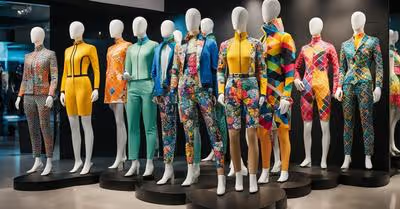










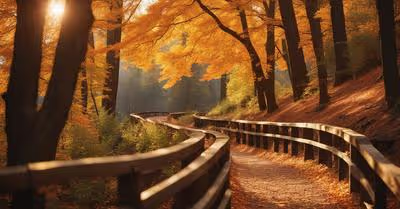

















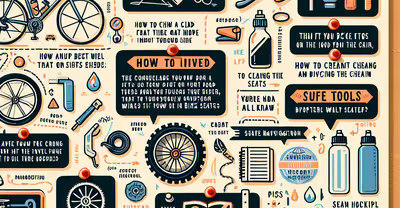


















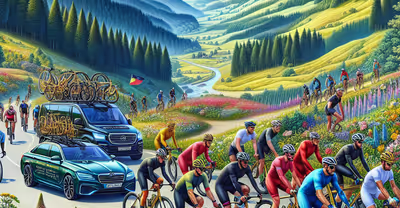







































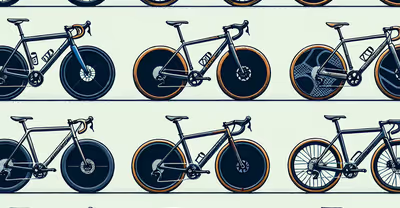

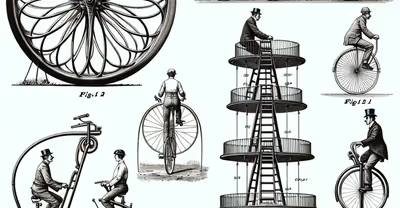




















































































































































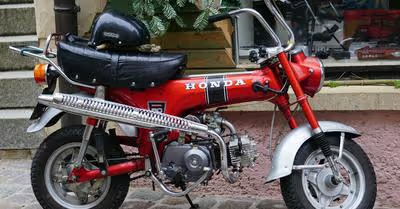












































































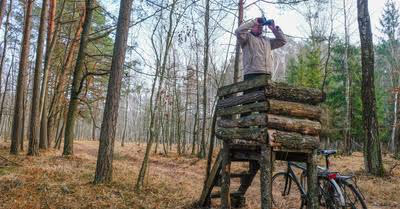

































































































































































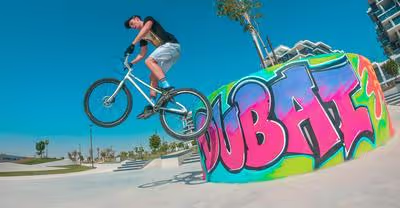















































































































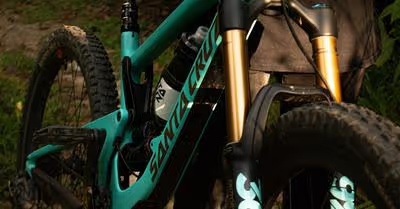


















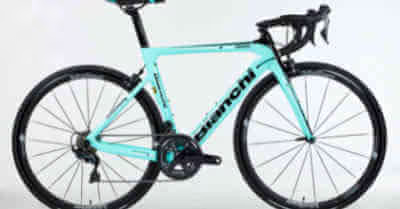


































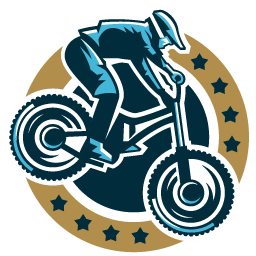
.avif)
